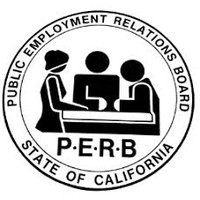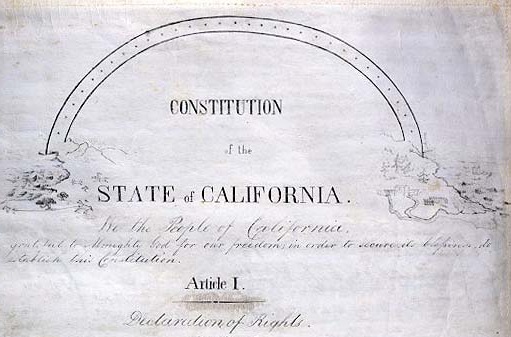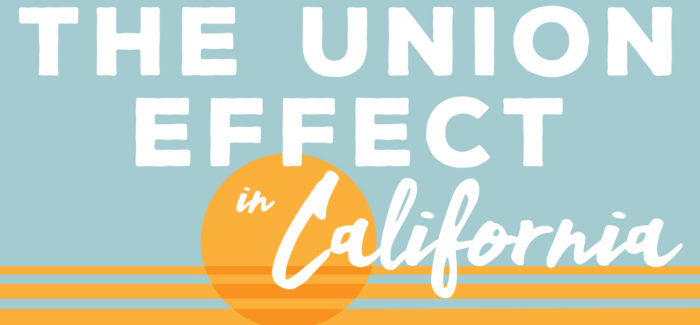
Judge Rules Against Union That Spied on, Read Emails of Public Sector Employees
IUOE unlawfully surveilled employees in part to stop union decertification
By Evan Symon, January 28, 2021 5:52 pm
On Thursday, a California Public Employment Relations Board (PERB) administrative law judge ruled that a union, the International Union of Operating Engineers (IUOE) Local 3, unlawfully surveilled emails and communications of several Sacramento-Yolo Mosquito & Vector Control District employees.
The case dated back to the late 2010’s, when Sacramento-Yolo Mosquito & Vector Control District employees Brett Day, Ryan Wagner and Mark Pipkin talked with other workers what their rights were under the Meyers-Milias-Brown Act (MMBA), a law that came into effect in 2001 that set the parameters of collective bargaining for public employees. Specifically they talked about the part that said that public employees didn’t have to join employee organizations or unions and how they could represent themselves to the public agency without a union representative, with the hope of removing the union from the District.
However, IUOE officials, worried about being removed from the district, began monitoring employees emails for keywords such as “decertification,” “PERB,” “union,” “decertify,” “how to get rid of union,” “Public Employee Relations Board,” and “Meyers Milias Brown Act.” The union also attempted to stop a decertification election among district workers.
After employees found out what was happening in 2019, District employees, along with the National Right to Work Legal Defense Foundation filed with PERB against the IUOE Local 3.
The judge ruled in the employees favor on Thursday, noting that the IUOE had “unlawfully surveilled employee protected conduct” and that employees were “harmed by the unlawful surveillance when they learned of it, [had] a deleterious effect on their future exercise of rights, and suffered harm to their protected right to communicate with coworkers about unionization, decertification, and the Union in general.”
In addition to violations of many standing labor laws, prior precedent by National Right to Work Legal Defense Foundation fought cases were also used by the judge, such as the 2018 Janus v. AFSCME U.S. Supreme Court ruling that ended the power of labor unions to collect fees from public sector non-members.
According to the judge’s ruling, the IOUE must stop all monitoring of emails immediately, must have copies of the decision up in District workplaces, and must give copies of the ruling to all District employees.
A historic ruling against public sector union control
National Right to Work Legal Defense Foundation noted the historic action of the case on Thursday.
“IUOE union bosses’ conduct in this case clearly demonstrates that they were far more interested in maintaining their one-size-fits-all bargaining power over Day, Wagner, and Pipkin’s workplace than in respecting the rights and privacy of the very workers they claim to represent,” said National Right to Work Foundation President Mark Mix in a statement. “This favorable decision underscores why government sector union bosses should not have the privilege of forcing their so-called ‘representation’ on all employees in a public workplace, especially not over the objections of employees who oppose the union.”
“Even though the Foundation-won Janus decision eliminated the scourge of forced union dues for public employees, there is ultimately no place for compulsory unionism of any kind in state or federal labor law.”
Other labor lawyers also gave statements on the ruling.
“Unions have said forever that every employee must pay union dues or else it would be unfair for them to get the benefits of union work for things like better benefits or higher wages,” Los Angeles labor lawyer Tammy Lewis explained. “But this just gives them undue power to get money from people who may not believe in unions or what they represent, or feel like they can represent themselves. And this ruling shows just how much unions don’t want to lose power and influence. They don’t want employees speaking for themselves and would rather have everyone under one umbrella.”
“Companies are bad enough when they spy on employees, but a labor union going to such lengths to stay in power? It’s despicable. The judge ruled correctly. The Janus case shook things up three years ago, and as this PERB ruling shows, the shockwaves are still going on today.”
Thursday’s ruling is due to become an official PERB ruling in 20 days.
- Bill to Require Law Enforcement Disclosure if AI Was Used To Help Write Reports - August 7, 2025
- Gov. Newsom Files FOIA Request To ‘Expose True Cost’ Of L.A. Federal Troop Deployment for Anti-ICE Riots - August 6, 2025
- California Redistricting: How Newsom’s Plan Will Demolish Hard Fought GOP Gains - August 6, 2025




